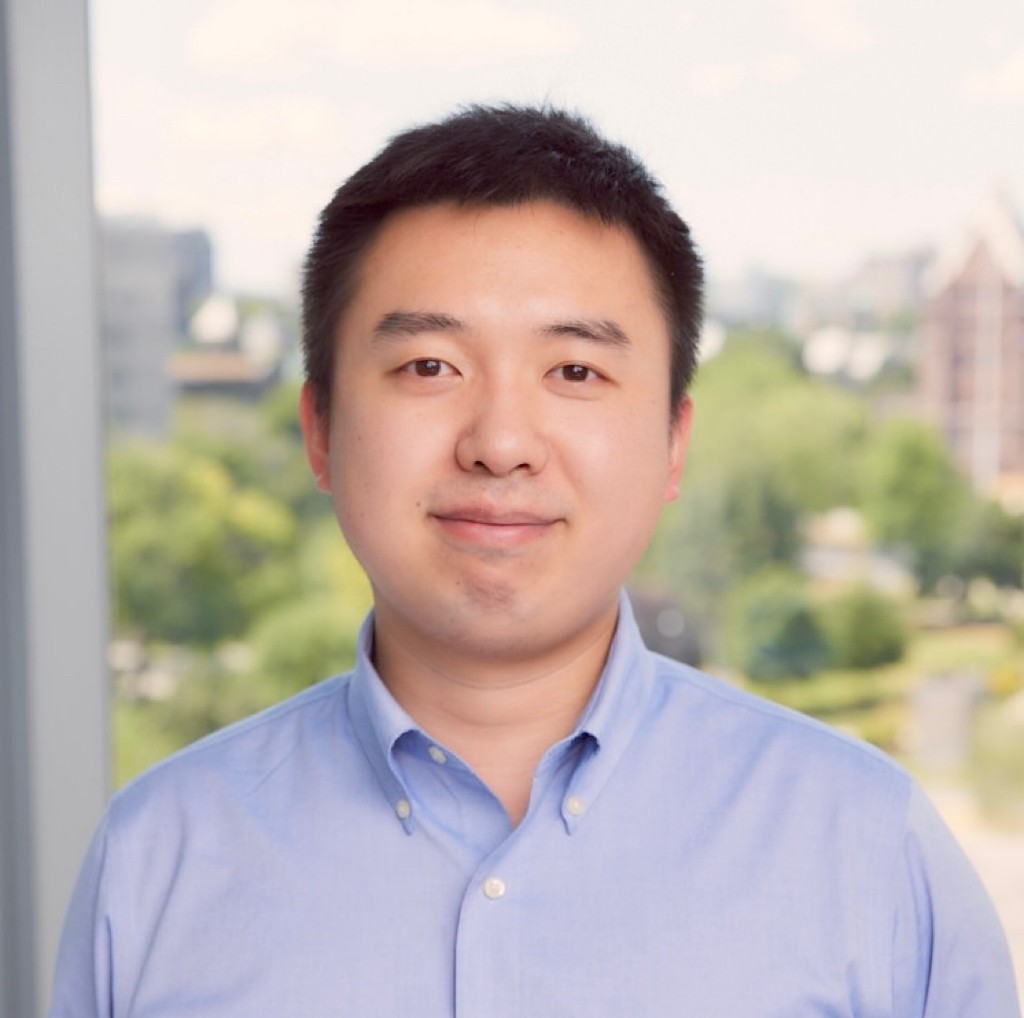
- This event has passed.
Large Models for Single-Cell Omics and Drug Discovery: Data, Pretraining, and Closed-Loop Environment
September 8, 2025 @ 1:00 pm – 2:00 pm
Statistical Bioinformatics Seminar
Dr Haotian Cui, University of Toronto
This was an online event held via Zoom.
This presentation will discuss recent advances in foundation models for single-cell omics and therapeutic discovery, focusing on the development of scGPT, a generative transformer model trained on over 33 million single-cell profiles. It will cover key design principles—such as generative pretraining and multi-task alignment—that enable broad applications including cell type annotation, perturbation response prediction, and reference mapping. The talk will also highlight emerging multimodal extensions such as scGPT-spatial and MethylGPT, and emphasize the importance of perturbational training for modeling cellular dynamics. Finally, it will introduce LUMI-lab, a closed-loop self-driving platform developed by Dr. Cui and collaborators, which integrates model-guided design, synthesis, and validation to accelerate mRNA delivery—demonstrating a scalable framework for virtual cell modeling and active learning in biology.
Subscribe to our seminar mailing list
Find out more about the Statistical Bioinformatics seminar series

Dr Haotian Cui
Dr. Haotian Cui is a researcher specializing in machine learning, genomics, and drug discovery. He recently completed his Ph.D. in Computer Science at the University of Toronto, advised by Prof. Bo Wang. His research focuses on developing large-scale self-supervised and generative foundation models for single-cell omics and molecular biology, integrating AI with experimental pipelines to accelerate therapeutic discovery. He is the lead author of scGPT—one of the first generative foundation models for single-cell multi-omics. He also led the development of LUMI-lab, an autonomous AI-driven platform for mRNA therapeutics. He has published numerous papers in leading journals and conferences, including Nature, Nature Methods, Nature Communications, ACL, EMNLP, ICML.
